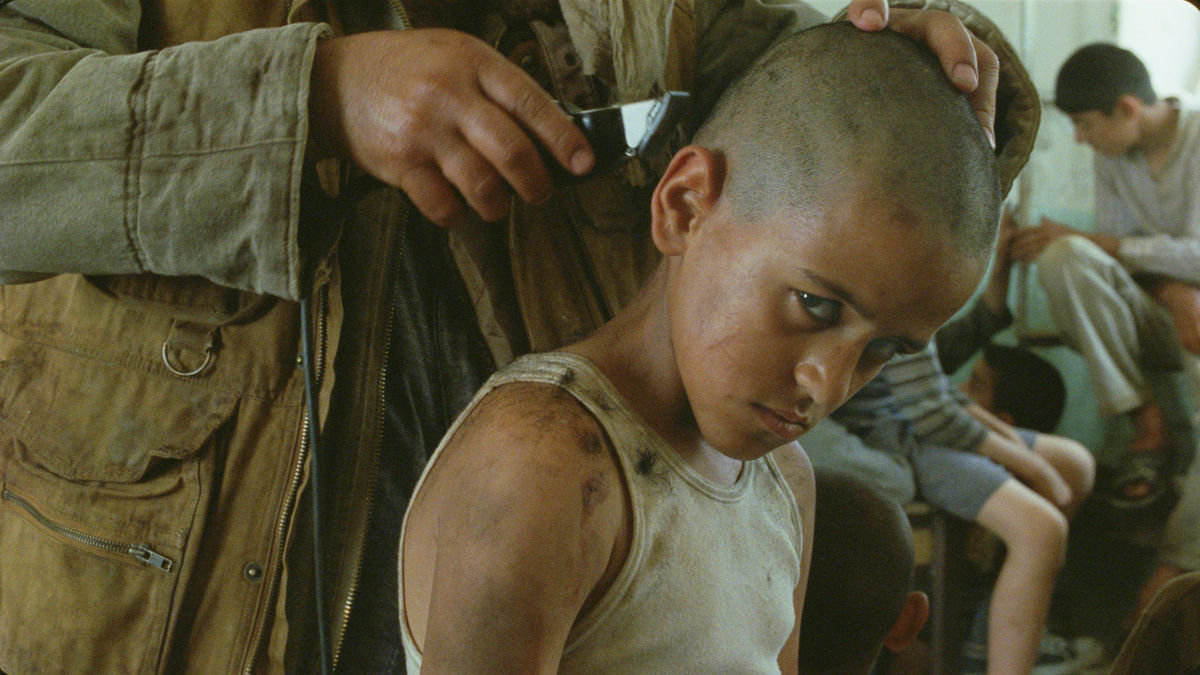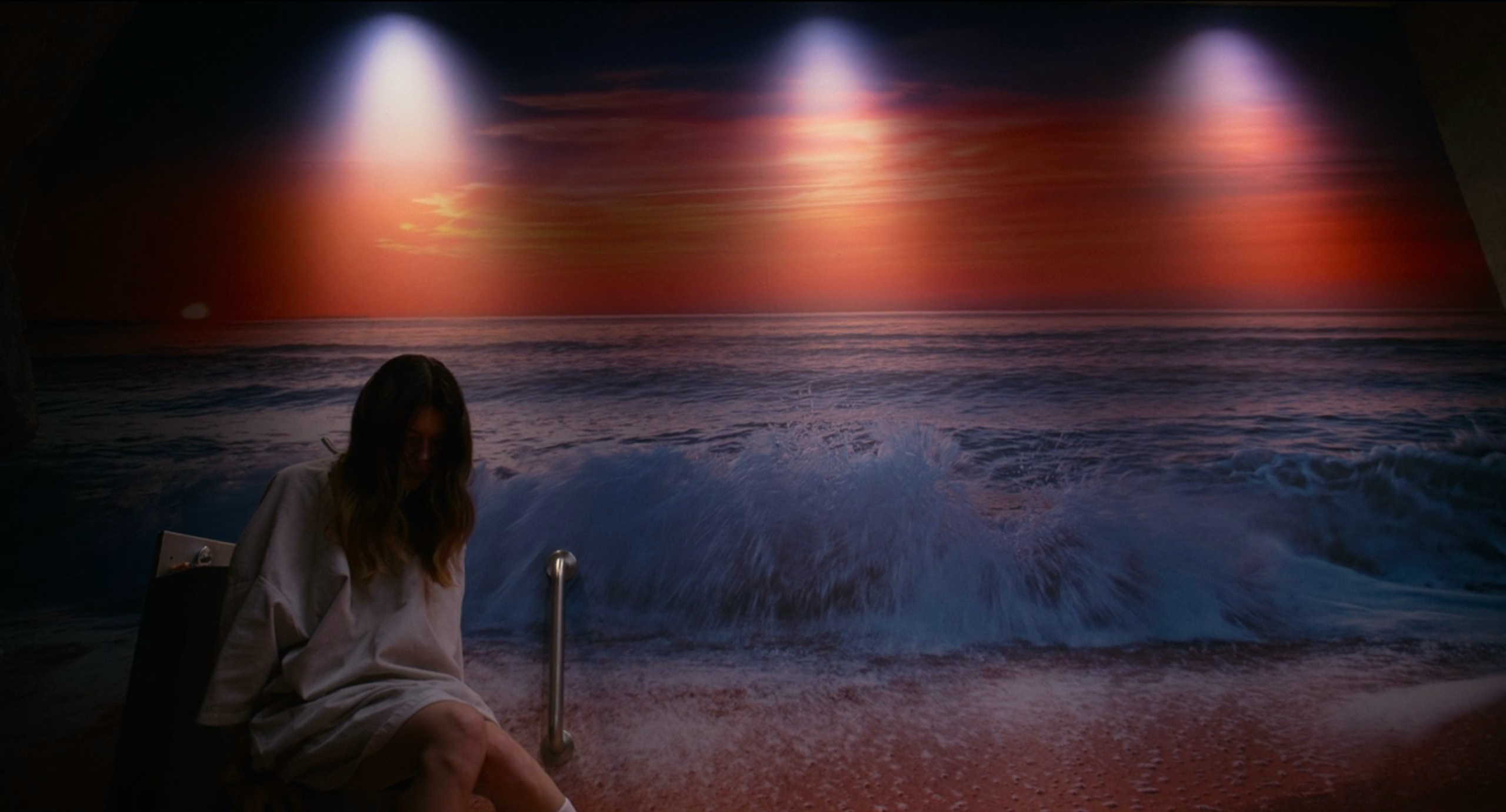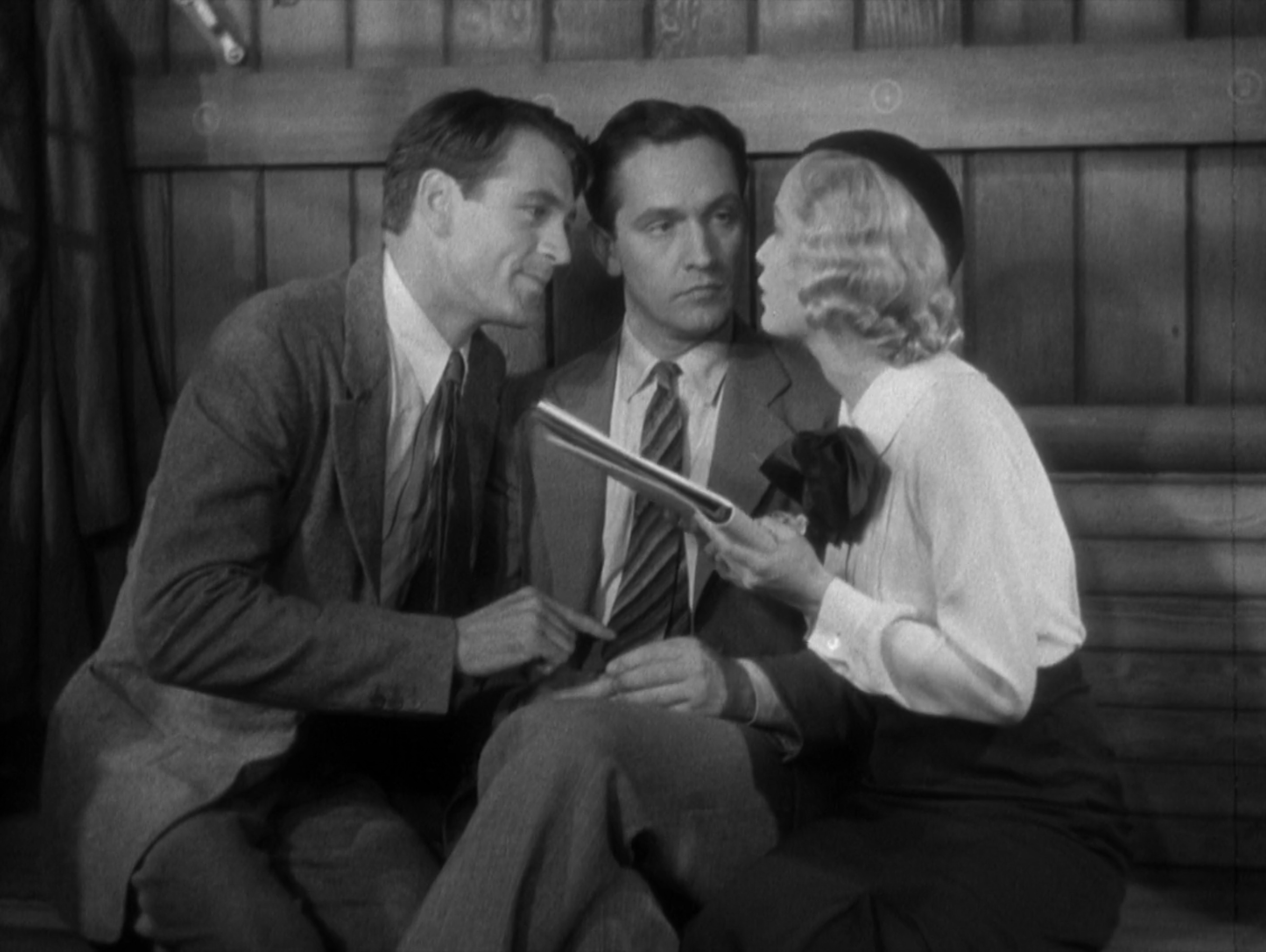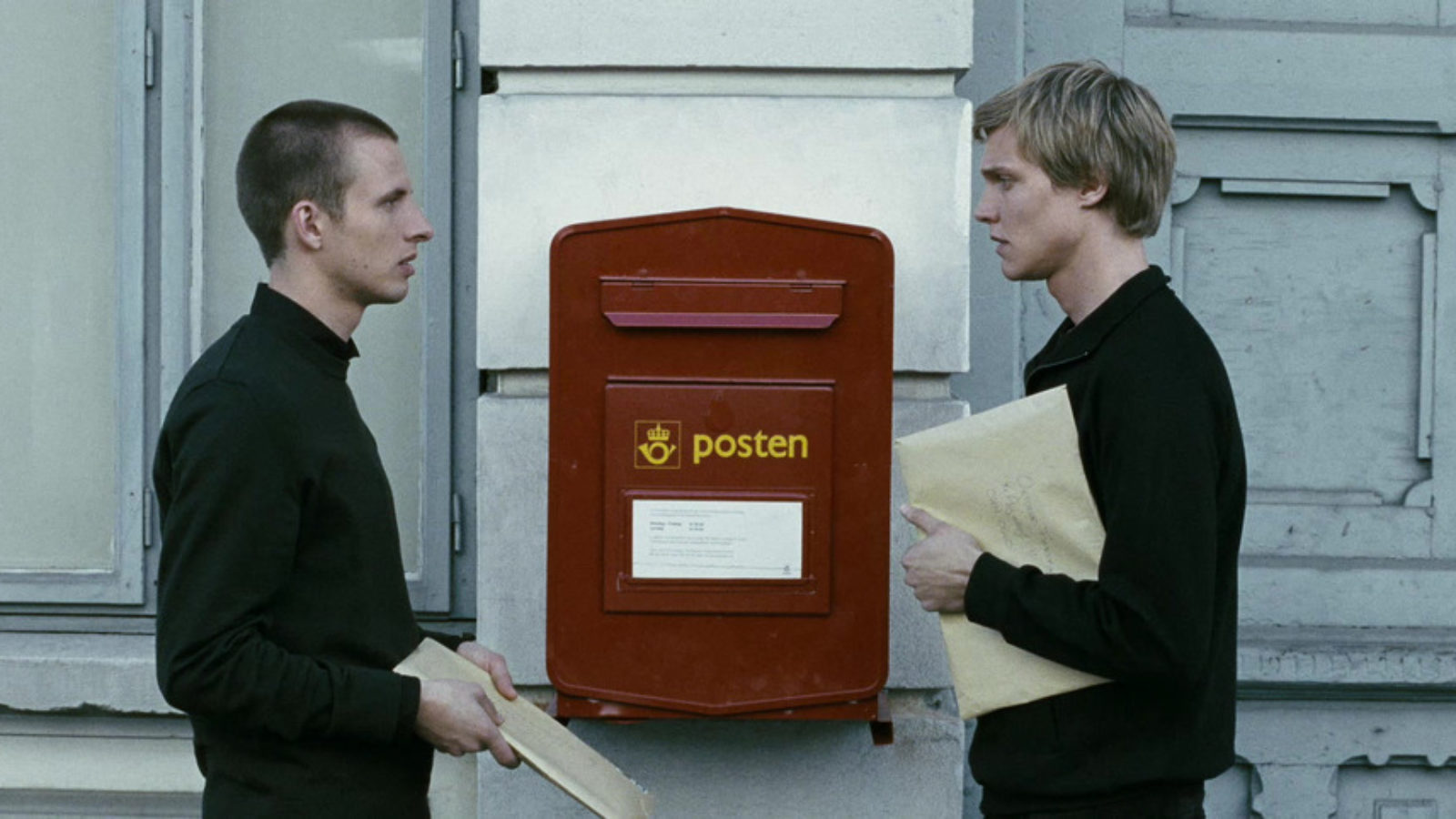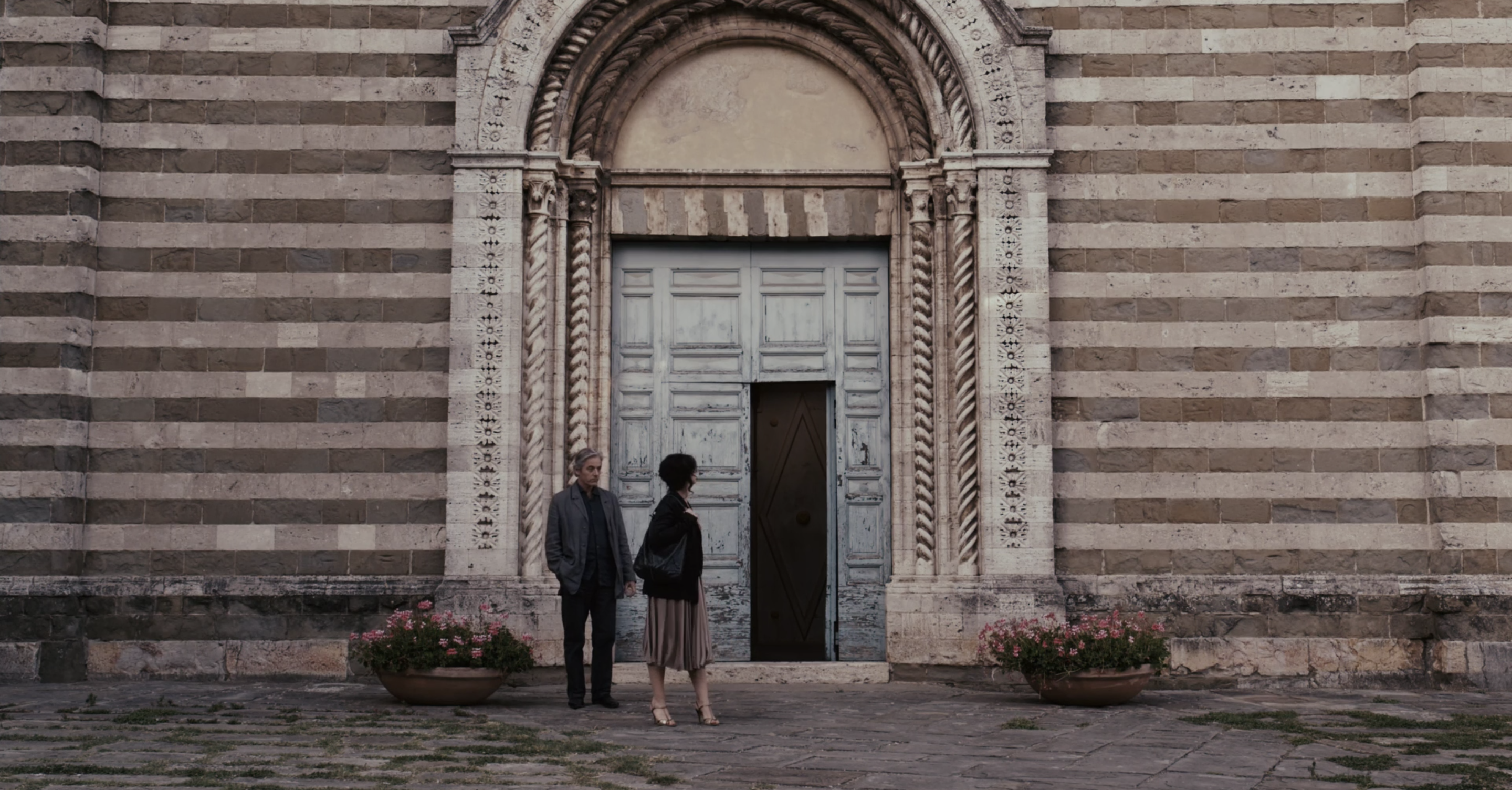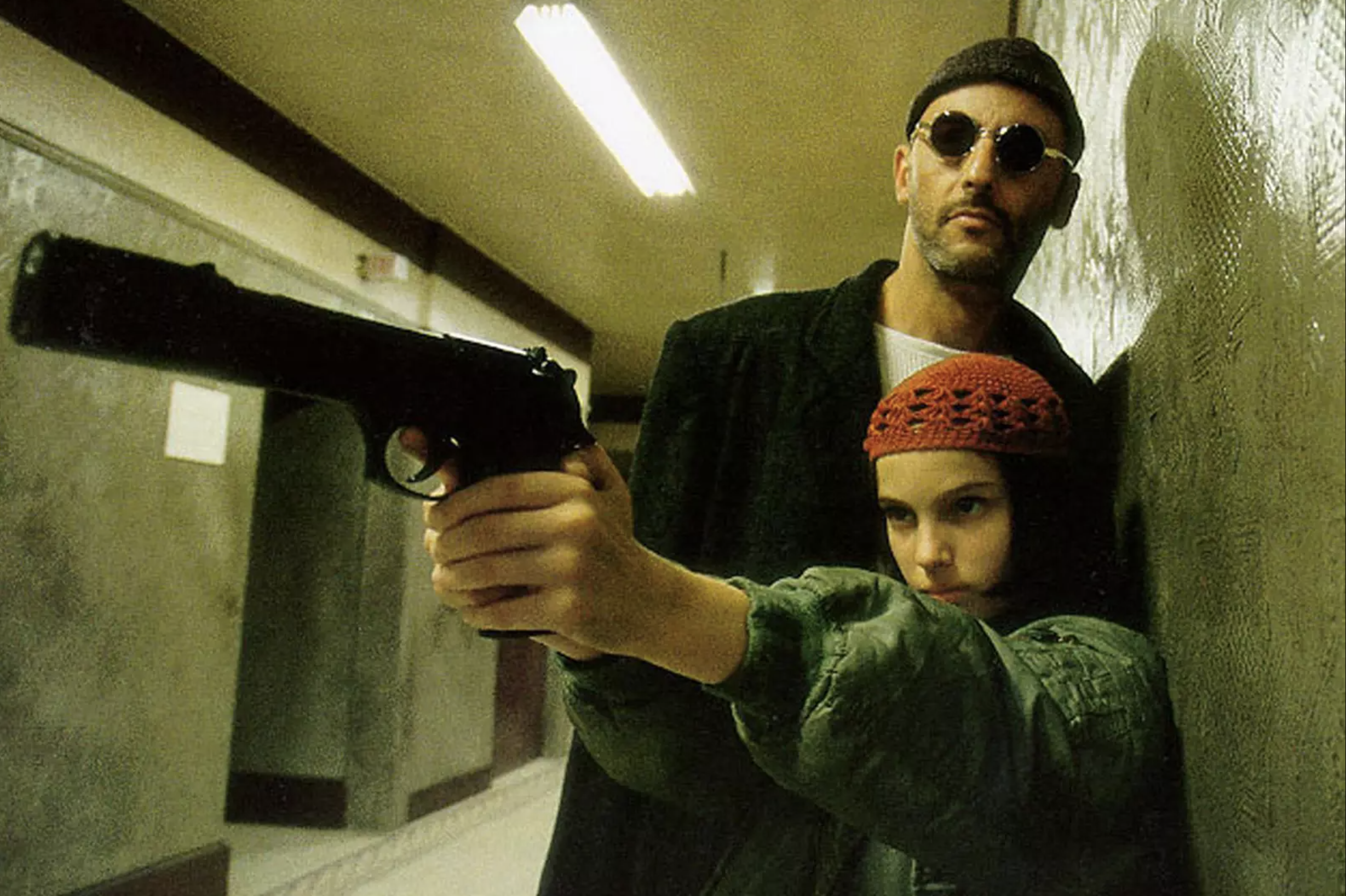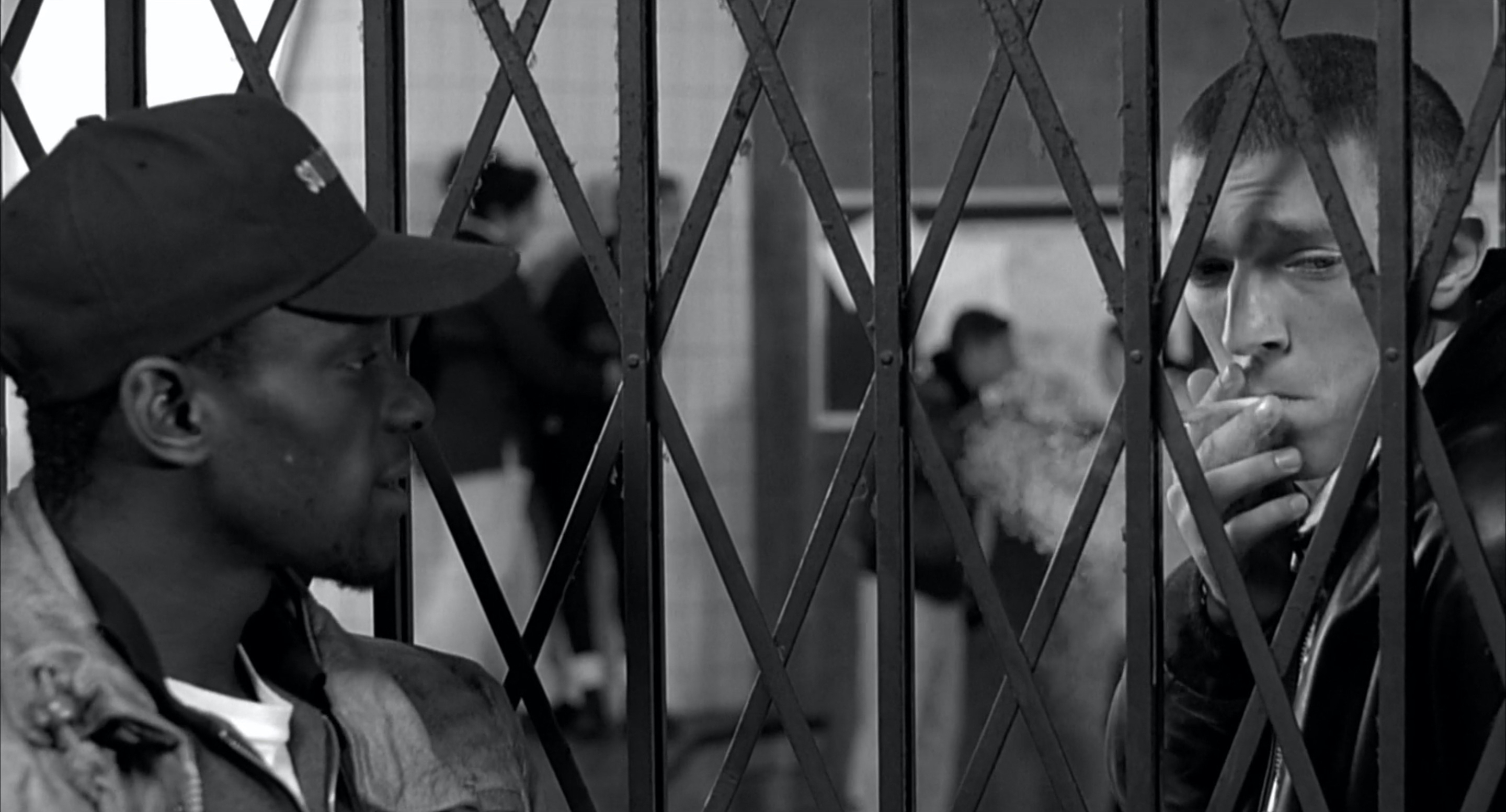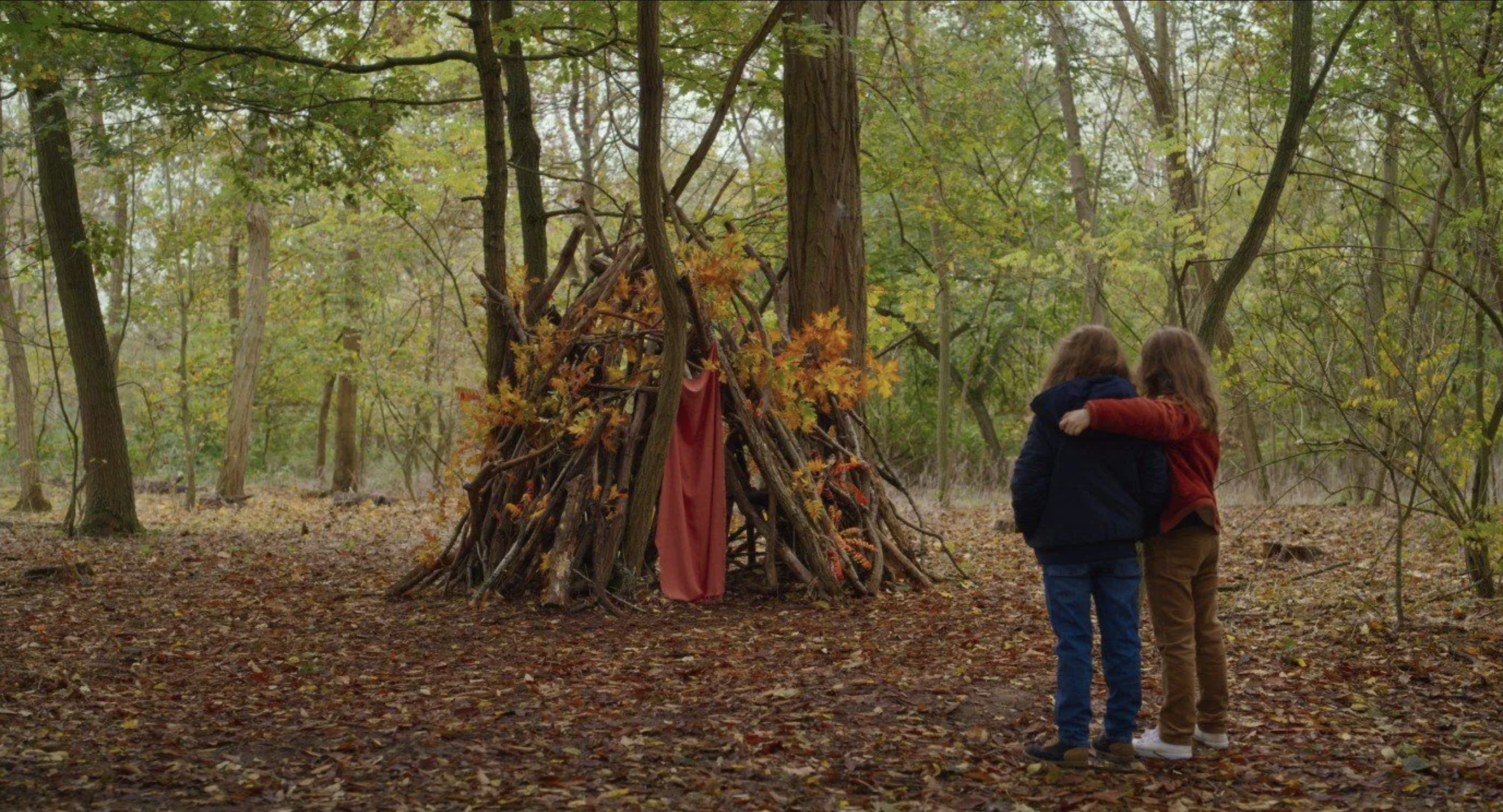Incendies (2010)
The characters of Incendies contain remarkable and shocking depths, hidden not just to others but to themselves as well, and the process of uncovering these by tracing the footsteps of family history through the Middle East makes for a disturbingly revelatory journey delivered with a deft hand by Denis Villeneuve.

